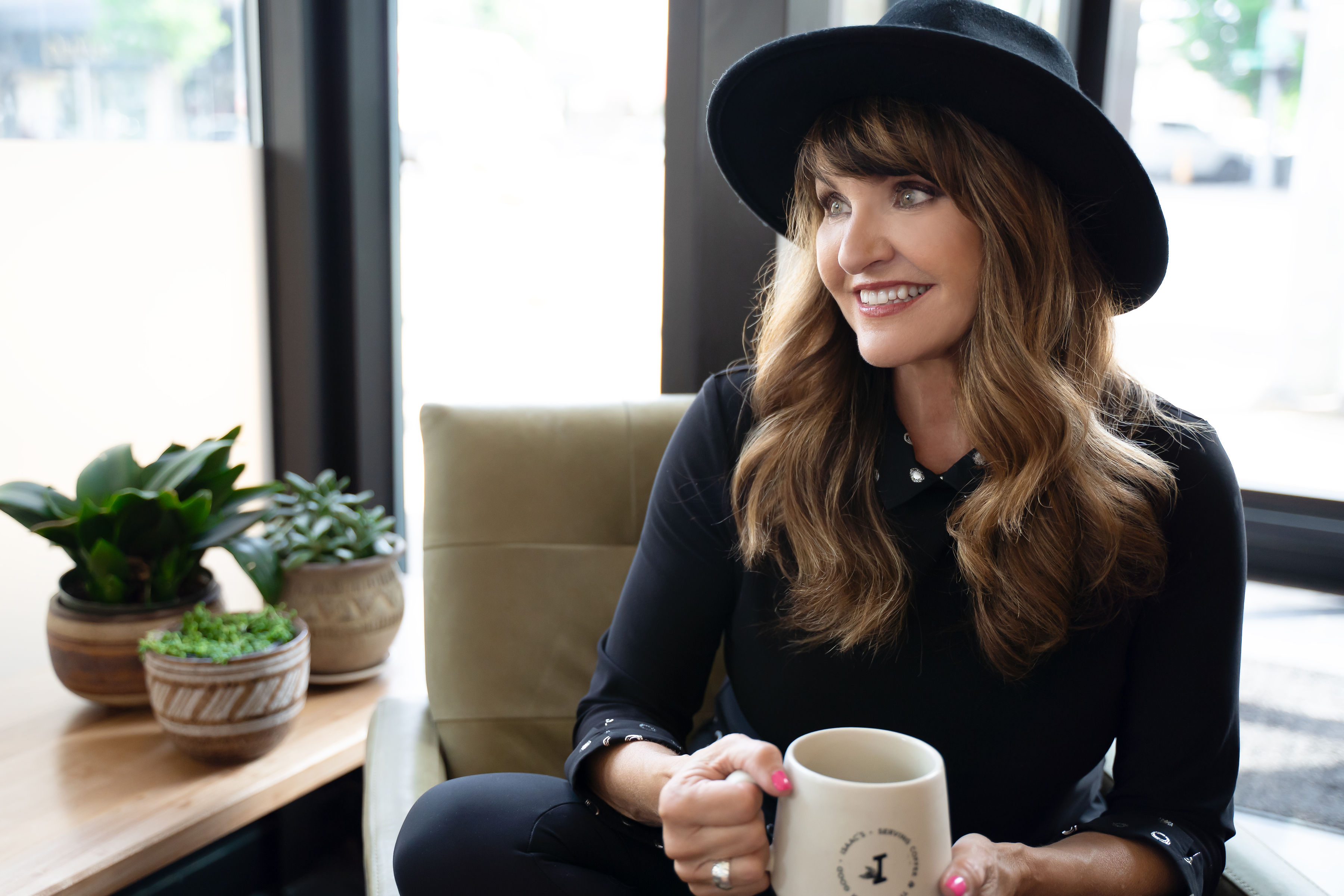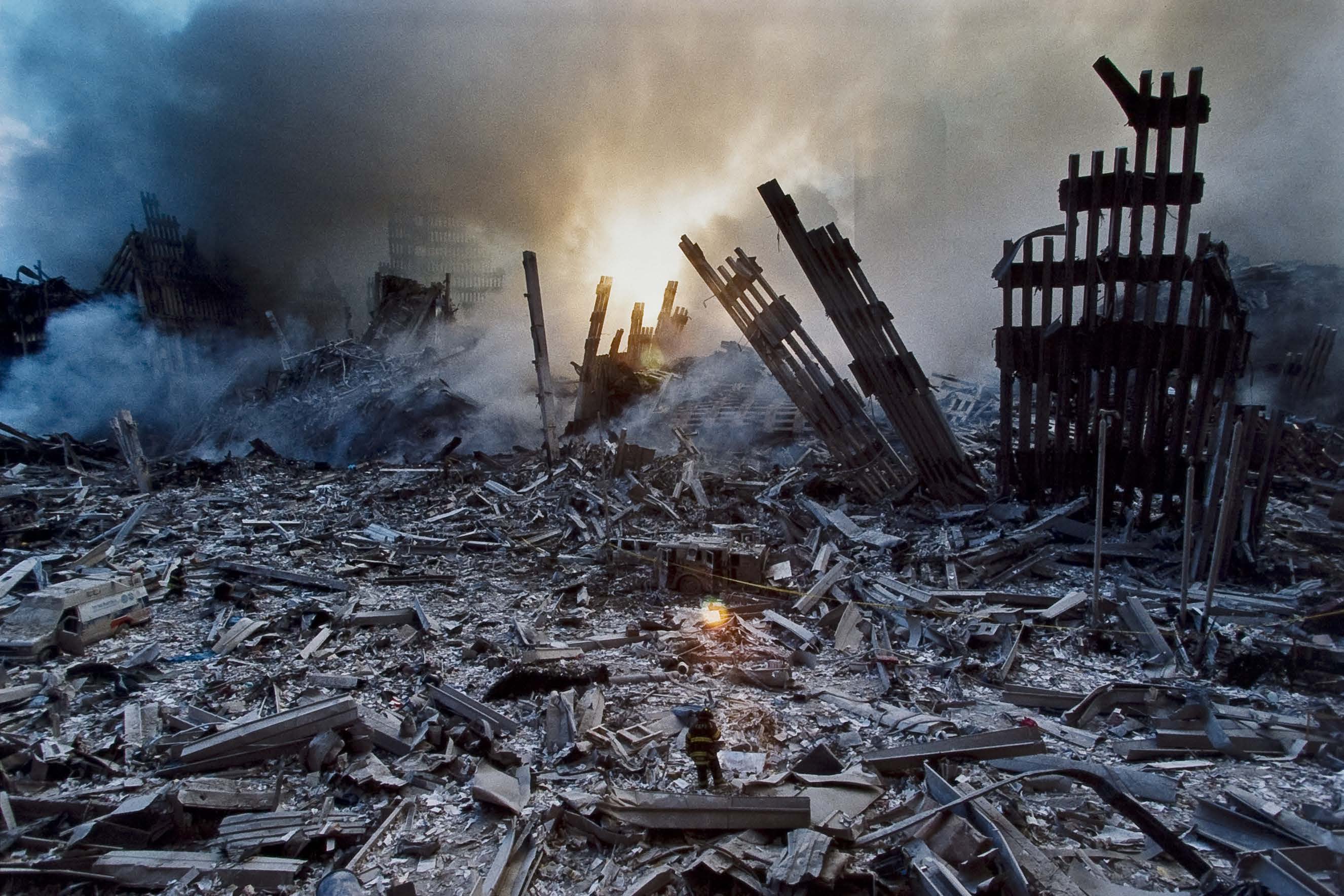Who are your heroes? Your father or mother, women and men in protective service careers, teachers, mentors and coaches, individuals who have overcome adversity?
Our hero’s tend to represent the best of us, or how we perceive ourselves, especially during challenging times.
I share the story of a hero who has made an indelible impact in my life and a lasting imprint on my heart.
I traveled to New York to meet a hero. Bobby Gayer is a friend, one who showed me the rebuilding, the memorial to remembering, and the devastation left in the wake of the 9/11 terrorist attacks that claimed the lives of nearly 3,000 people and destroyed the World Trade Center (WTC) and surrounding buildings.
Bobby was 40 minutes from the lower Manhattan area when the first plane hit. His mind raced from disbelief and shock to an overriding voice that shouted, “Get there!” He quickly left his family and home, jumped in his truck, and headed toward the WTC at a high rate of speed. What he saw and encountered on that day and the four exhausting days thereafter was unimaginable and horrific.
Bobby’s reality since then is that he was given the title of “First Responder,” awarded medals, written about in books, and featured in films. However, he was also given another title, “Permanently Disabled,” for inhaling the poisonous chemicals and toxins that permeated the devastated landscape of ground zero.
Who is Bobby? With no emergency training or medical skills, he is you and he is me, and what we perceive ourselves to be in times of trial. His words carry a humble tone: “I’m not a hero. I had to be there. I had to help. It was the right thing to do.”
The Day the World Stood Silent By Bobby Gayer
As I think back, my memories reflect a surreal day that started out as a sunny and beautiful one but ended in clouds of ash, smoke, bone, and reminders about what is important in this life.
After putting our two daughters on the school bus that morning, my wife poked her head into the shower to ask if I knew that a plane had hit the World Trade Center. Thinking that a radio station was playing a prank, I dried off and went into the living room to watch the TV news. My friend Mark called from Florida just as the second plane hit. We were so stunned that we didn’t know what to do. Just when I thought we’d seen it all, a newscaster announced that a plane had hit the Pentagon.
“We need to get the girls home now. If we are under attack, I want our girls with us,” I told Diane.
My wife is a person of strong faith, and she said, “Honey, the girls are in school and they will be fine.”
I couldn’t stop watching TV and began to feel that I needed to do something to help. Diane knew that there was nothing she could say to stop me, so I packed a bag with some extra clothes and a flashlight and told her, “Diane, I love you, but they need me.” After kissing and hugging her, I loaded my SUV and left.
Stopping at a local store, a clerk asked what I needed when I told them of my mission. “Bottled water,” I said, and he loaded my truck with it. The owner of my next stop, a gas station, gave me even more bottled water after I filled up my tank.
Making my way to one of the many Long Island highways leading into the city, I found the roads choked with people trying to get home. Looking to my left, I saw two men in doctor’s scrubs in a small car. Knowing it would be easier to get into the city with them in my car, I offered them a ride. Sitting in the same traffic was a police officer, who gave me the flashing red light from the top of his car to help speed up our trip.
“What the hell is happening, and what am I getting myself into?” I wondered as the doctors and I inched our way toward the city and started to see more firefighters and police doing the same.
At this point, the main highway was closed, and it was like the world was coming to an end. No regular cars or trucks or anything. Just us and the others driving to help. As we made our way to the Midtown Tunnel, I saw a military man standing there with a machine gun. Never having been in a situation like this, I was scared.
As we got through the tunnel and took a right-hand turn, we could see the city was crazy and that people were running everywhere. Driving east as the second tower fell, I took a picture of the smoke-filled sky. All of the sudden, we saw a giant wall of gray smoke coming straight at us from every direction, and I thought we were going to die. Telling the doctors to hold on, I turned the wheel of my truck very fast then got down to protect myself from whatever it was that was barreling toward us. Debris was hitting my vehicle for what felt like forever. When it finally stopped, we sat up and all you could see was dust and paper covering everything.
We drove toward City Hall, where the doctors got out because a medical tent was being set up there. Turning down another street, I asked a cop if I could park there. He agreed and told me to keep the red light flashing on the truck.
Running down the street, I gave anyone who needed it a bottle of water. I also felt the need to document the scene, so I took pictures with several cameras stuffed in my pockets. The air was so filled with smoke, dust, and many other things that I could hardly breathe. People were running everywhere, but I could only see eyes here or a mouth there, since they were covered in blood and dust and who knows what else. Some were screaming.
“My god, what is happening? When will this be over?” I thought.
Making my way to the pile of what used to be the Twin Towers, I was amazed. No matter what you saw on TV or were told, you’ll never understand what it was like unless you were there. It felt like a movie set with burning buildings, totaled cars and trucks, and dust everywhere. The smells and all that fire and heat were just overwhelming. People were just sitting on the ground crying, covered with dust and blood. People were holding each other. Others had looks on their faces like they were already dead.
Running down the block where the World Trade Center once stood, I saw a cop and asked him what I could do.
“If you aren’t ready to die, then get the hell out of here,” he said.
“Let’s rock and roll. I am here to help,” I told him, after which he pointed to a firefighter and told me to ask him how to help.
Walking toward the firefighter, I saw he was crying. He motioned to a water tank and told me to follow him into the burning pit. I sprayed water where he pointed, as he looked for anyone who might be alive. There was a continuous beeping sound that I asked him about. He told me it was coming from the jackets of firefighters buried under the pile. He was yelling and crying for anyone to answer him. No one did.
They were all gone.
At this point, the fire was building fast, and the heat was so bad that I couldn’t keep my eyes open. Vomit was shooting out of my mouth, like shaving cream from a can and like nothing I’d ever encountered. The air was thick and hot around us as we continued our search for survivors. My eyes felt like they were on fire as we went down deeper into the pit, still looking and still with no luck. It was hard to believe that this 110-story building was now just a mountain of mostly unrecognizable things.
Just as more people started showing up to help, a firefighter suddenly yelled, “Get out. Another plane is coming.”
What we were actually hearing was the sound of the World Trade Center’s Building 7 collapsing. What I now know is that when metal bends, it makes eerie sounds. But, we didn’t know it then, so we all started to run. With my heart pounding in my chest, I fought to get out of the rubble. It was not easy, and upon getting out, we all had to get to a medical area for oxygen and some liquids.
At that point, we had become like family, a group that looked out and cared for each other. It was the best bunch of people I could ever imagine working with on that surreal day.
Days later, I eventually made my way back to my other family, my three beautiful ladies back in Long Island. Hugging them and thinking about my emergency family at Ground Zero, I was reminded of what is most important in this life.


